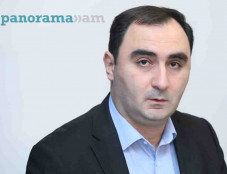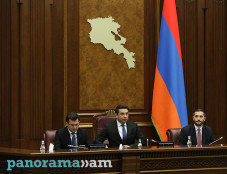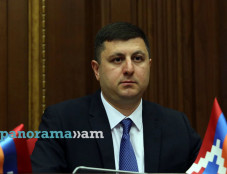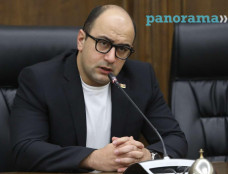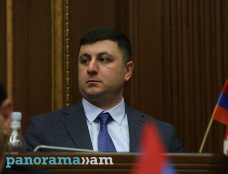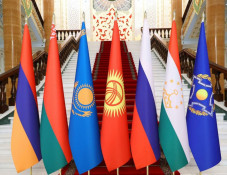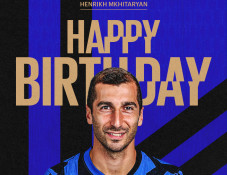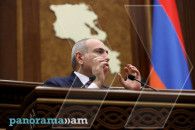
No one has the right to take away the innocence of a child
The topic on sex education and its relevance to children was much discussed over the past days in social media. Panorama.am talked to psychologist Karine Shirinyan, and the interview, as expected, turned to be a non-standard one.
“The care and education of a child is a passive process despite current societal perceptions. The involvement into the process seems quite active today,” Karine Shirinyan said, adding the dominant understanding of upbringing of a child among parents is about active influence on them which carries certain risks.
“Parents often apply their understanding of upbringing of a child and own perceptions on the child preventing them from disclosing their identity and characteristics. The period of up to three years of age is the most important period for child’s formation. Thus, in that age children are more vulnerable to damages through establishing convictions in them they may accept without analyzing and those will be a result of lack of own experience. When they grow they may not even remember when the conviction has been rooted in them,” the psychologist said.
In her words, the assumption is true with regard to the topic of sex education as parents should not be the initiator, should not decide on the volume of information to be provided to the child and wait for questions from them. “Whenever a child asks a question, the response should be proportionate to the question with no further detail. No one can confirm for sure whether the child raised under active involvement of a parent is healthier than the one who received the information later, let’s say at the age of 12-14.”
The psychologist next complained about the lack of phycological-scientific thought, analysis based on Armenian ethnography, likewise cooperation among physiologists and ethnographers in the local context.
“Since we have no national phycology, the education is based on the western, American model which is characteristic to their society. Elements and mentality of a foreign psychology are introduced into the Armenian reality which are often in contradiction without consideration of the local mindset,” explained Shirinyan, providing examples of what are accepted phenomena for the Armenian society yet may seem perversity to bearers of western values.
“For example, it is quite accepted in Armenia to use expressions such a “Let me eat your buff” – a tender word to a child which may seem strange to foreigners. The idioms and words that have no concealed sexual subtext and intention may not speak of the phenomenon,” Shininyan said.
The statistics show that the early sexual education do not decrease the number of cases of child abuse and violence. The Armenian society instinctively oppose to these approaches as they are alien.
Our interlocutor next suggested that a child has the right to be naïve, not to care about anything. “It is their right since they will have no other chance throughout their lives. Who has the right to take away innocence from them? No one. Parents may warn children about strangers since children should recognize the relatives, likewise the parents need to ensure a happy and innocent childhood to their kids.”
In the psychologist’s opinion, Armenians live at the crossroad of western and eastern civilizations and have gained the ability to combine different elements of respective civilizations.
“We have a strong individuality characteristic of the West and a sense of collectivism inherent to the East which plays a basic role in our vision of the child development. A human being enjoys the sense of happiness and safety as part of “We” while the “I” separates him from the society and amplifies the sense of a danger. “I” gives an opportunity to get protected, isolated, while “We” provides with the sense of pleasure and happiness. A human being is happy thanks to the combination of the two visions. The western civilization is prone for exaggerations of the “I” concept and the easing of “We”. The strengthening of the “I” leads to increased sense of a danger children are not aware how to resist. Trust in close relatives is invaluable for them. Instead of reconciling these two approaches, we look at Europe with its immense concentration of “I” and subsequent problems. We acknowledge that is not something we need yet there are no anything to fill the gap,” Shirinyan concluded.
Newsfeed
Videos






